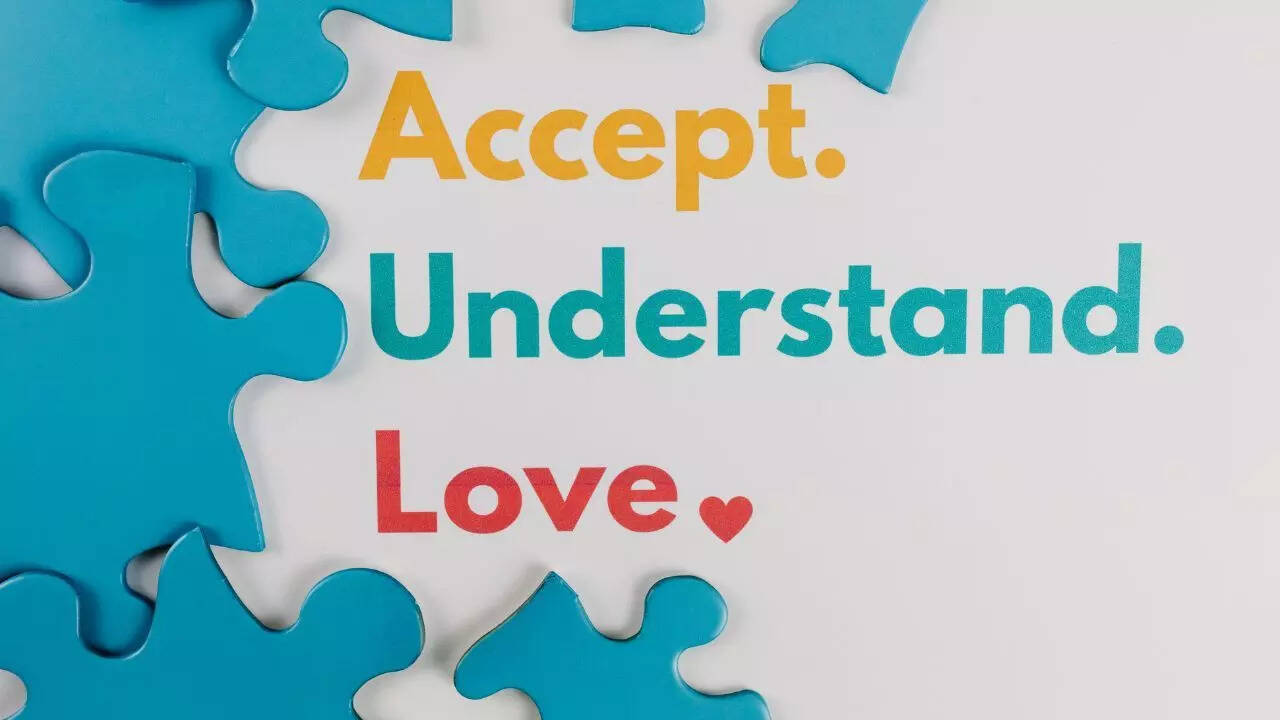What is Ghost-lighting: A new disturbing dating trend you should beware of

In modern times, finding love is difficult, while maintaining relationships has become all the more complex. In the digital world, love often starts with a swipe and a match, and modern dating can feel like navigating a minefield at times. Just when we thought we’d caught up with terms like “ghosting” and “gaslighting,” a new and more damaging hybrid relationship trend has entered the scene— and experts say it’s one of the most toxic trends yet. Welcome to the world of ghostlighting.
So what is ghostlighting?

Millennials and Gen Z are aware of ghosting– either we have been ghosted or have ghosted others. For the unversed, ghosting is when a romantic interest you are talking to for quite some time suddenly disappears without any rhyme or reason. This action might feel insensitive to some, but the one who ghosts others often reasons that the spark they once had with their (potential) partner frizzled out with time and they didn’t have the heart to tell this to them upfront; and thus they chose to simply disappear.On the other hand, gaslighting is another common relationship trend wherein your partner denies your version of the situation or event, thus making you doubt yourself and question if you are the problem in the relationship. However, in most cases, it is the partner who manipulates you to take all the blame for issues in the relationship. Whereas, in reality, it is them who are the troublemakers.

Combining these two toxic trends, a new dating term has now been created, called Ghost-lighting. Explaining it, psychologist Fatima Alam told us, “Ghost lighting is the act of someone disappearing from your life (ghosting) and then returning later, acting like nothing happened, often making you question your feelings or memory of the hurt. This could lead to the other person being unsure of themself.”Imagine you’ve been dating someone for a few weeks. Things feel promising— you’re having deep conversations, enjoying quality time, even introducing each other to friends or family. Everything feels real. Then, suddenly, silence. No goodbye, no explanation. They vanish— that’s classic ghosting.Now imagine that months later, just as you’ve started to move on, they suddenly reappear. They act like nothing happened. And when you try to talk about their sudden disappearance, they say things like, “You’re overreacting,” or “I was just really busy.” They twist the situation to make you question your memory or your feelings. That’s classic ghostlighting for you!

A manipulative double punch
Ghostlighting is not just emotionally confusing— it can be psychologically damaging too for the victim.

The ghostlighter often returns with excuses or fake justifications, not to make amends but to regain control, soothe their guilt, or keep you emotionally tethered. It’s an unsettling loop that leaves victims feeling not just abandoned— but also invalidated.

Talking about some common signs of ghost-lighting one should be aware of, psychologist Alam further said, “Common signs of ghost-lighting may include feeling confused, being blamed for overreacting, or feeling like you’re being too emotional, while the other person avoids accountability or keeps vanishing and reappearing.”
More than just a dating red flag
Ghostlighting isn’t just rude or selfish— it’s manipulative. According to Psychology Today, ghosting can leave people feeling abandoned and anxious, while the National Domestic Violence Hotline calls gaslighting a form of emotional abuse that chips away at your self-worth.

Put the two together, and you have a dangerous cycle. We asked Alam how ghost-lighting can affect a victim, to which she replied, “Ghost-lighting can cause deep emotional confusion, self-doubt, and anxiety. Over time, it could chip away at a person’s trust in their own feelings and reality, leading to loss of self-worth, lowered self-esteem, and, in some cases, a delusional sense of reality.”

So, what can you do if you are being ghostlighted?
“First of all, start by validating your feelings. Understand that what happened wasn’t okay and practice self-care. Talk to someone you trust or seek therapy, and remember, love should never leave you questioning your worth,” Alam shared.

If you’ve experienced ghostlighting, then it is important to remember that this behaviour reflects the other person’s emotional immaturity— not your worth. Love yourself enough to let go and move on in your life, and set strong boundaries so that this doesn’t happen again.

You deserve emotional clarity, consistency, and respect— don’t settle for anything less.







